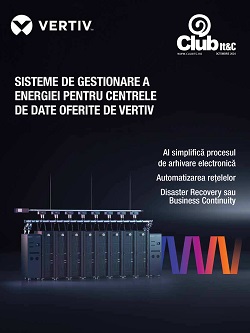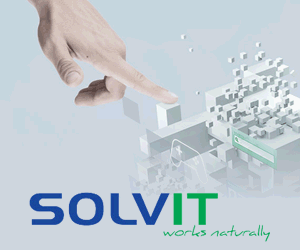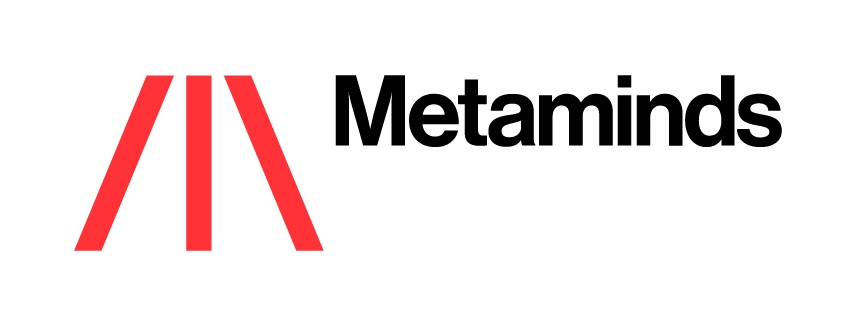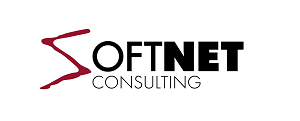Recently, Mazars, the international audit, tax and advisory firm, released the results of a double-blind survey which was conducted by Edelman Intelligence. The purpose of the survey was to identify the perceptions and needs of various companies within the industry when it comes to audit and their current statutory auditors. In a recent material, we discussed about Romania’s audit market and its future growth, as well as the four myths that every audit professional wishes to dispel.
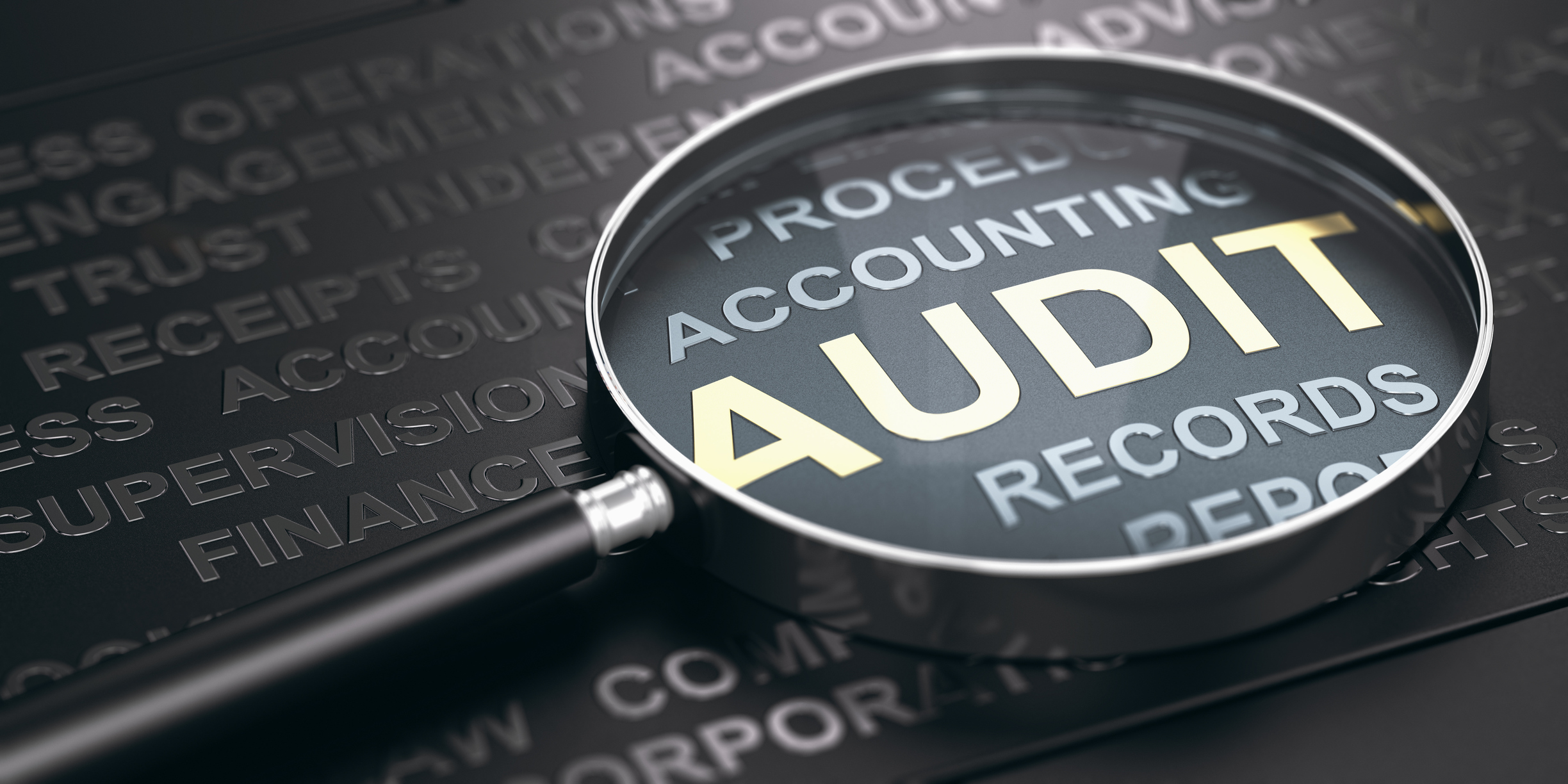 This time, we want to move the focus on another factor that auditors are keen on finding out – in a time of rapid change, how will the future of audit will look like? Technology is often viewed as the way to improve any and all aspects of business because it saves time and improves audit quality. At present, audit technology skills are hard to find, but when companies meet an audit firm where auditors combine a risk appetite with technology appetite, they are reassured and want to know more about how the people use technology to test, experiment and deliver better quality audits.
This time, we want to move the focus on another factor that auditors are keen on finding out – in a time of rapid change, how will the future of audit will look like? Technology is often viewed as the way to improve any and all aspects of business because it saves time and improves audit quality. At present, audit technology skills are hard to find, but when companies meet an audit firm where auditors combine a risk appetite with technology appetite, they are reassured and want to know more about how the people use technology to test, experiment and deliver better quality audits.
Readjusting the audit function in a digital world
The rise of cloud computing, big data and analytics enabled and further intensified the success of collective intelligence, at a time when audit firms and multidisciplinary firms lacked the structural resources to gather it. With organizations rapidly moving into mobilization of resources, integrating technologies and search for providers, financial services companies anticipated this need for innovation and augmented their services to include Technology and Digital Consulting.
According to our study, an overwhelming 96% of respondents welcome the use of technology in the audit process. Technology saves time and improves audit quality every day. Using robotic process automation (RPA), for instance, means you remove manual risk error and make procedures identical, which speeds everything up and improves the rigour of the process. That gives auditors more time to add quality judgements, trust and expertise to the statements – leading to a reinforced audit opinion.
„When we talk about technological developments, we need to take into consideration several main factors that indicate the need for such technologies in audit, like the fast growth of data volume, the switch of corporate models, the move towards automation and the request for a bold approach to audit. While tech is vital to the audit process, our survey revealed that the professionals behind the screens matter more. Audit has been at the core of our expertise for more than 70 years and when it comes to choosing an audit firm, our clients, as well as the respondents of the survey, value the knowledge of the business and the ability to understand the company environment. The audit profession must continue its transformation by exploring three powerful assets: technology, human capital and collective intelligence. This mix is the one making the difference for both clients and the profession”, mentioned Ella Chilea, Audit Partner, Mazars Romania.
The human touch: the one thing that technology cannot replace
Technology will unquestionably play a greater role in the years ahead, and even though AI is already present in most industries, we are a firm believer that people will be the ones to lead the jobs of the future.
Auditors have a crucial role to play in improving the relevance and quality of audit. Part of an auditor’s evolution is to understand each company on its own – because not every business is the same, replicating an audit like “one size fits all” no longer works. They have to listen. ‘Listening’ is the skill that comes out most often as respondents’ ‘number one’ (33%) – from a list of 20 options. This is followed by ‘agility and flexibility’ (17%). That means the skills that are most often in respondents’ ‘top two’ are human qualities, which technology cannot easily replicate.
Moving past a traditionally backward-focused approach in favor of a more proactive one requires that auditors handle their work with a healthy amount of skepticism.
„Skepticism is an attitude that includes a questioning mind and a critical assessment of the appropriateness and sufficiency of audit evidence”, writes Dr. Hernan Murdock, Vice President of the Audit Division for MIS Training Institute (MISTI). „It requires being alert to conditions that may indicate possible misstatement due to error, neglect, or fraud, and a critical assessment of audit evidence.” The best auditors trust nothing when reviewing financial documents and they conduct each review with a discerning eye and a high degree of vigilance, regardless of the specific circumstances.
Also, critical thinking skills are important for an audit career path. This type of reasoning requires that they step outside of their own judgments and biases to consider all perspectives, question the validity of each, and reach a conclusion.
Z Audit: educational needs must be met for the audit profession to evolve
When the audit practice will be dramatically changed, using emerging technologies more and more, the auditor profile will reflect these changes. First, the auditor has to be skilled in using all these technical changes instead of using excel. This change will perfectly fit Generation Z, the digital native users, which is already at its entrance into the workforce.
The challenge in this context is generated by the readiness score of the workforce regarding the use of technology and the score of the companies concerning the use of the internet of things. According to Eurostat , in Romania, only 7% of businesses used internet-connected devices or IoT (The Internet of Things) systems in the last year, even though the country has the cheapest super-fast broadband internet in the world. Therefore, we have Generation Z, who is using technology in their daily lives, but they don’t find enough companies where they could find a job with the same digital readiness level.
Using less time to get the data in the right format, the auditor will be looking more for the adding value analysis to support the boards/ leadership teams with insights that can influence the strategy decisions. To generate these insights, they have to develop their critical thinking, question the current status quo, to doubt the way the business is conducted. Critical thinking is one of the future skills that will be more and more required, again fitted for Generation Z, which is more pragmatic than the other current workforce generations, and they are not at all open to losing time in doing tasks that can be automated instead of strategically contributing to the job.
„The critical thinking will go hand in hand with business acumen. Without understanding how the business is operating at that moment, it will be difficult to challenge the way they perform. Why are they using papers instead of digital document management? Why are they manually lifting the products instead of using robots? Why are they manually entering data instead of using AI machines? Why are they registering such a low people retention score? All these will be questions, that you will hear from the Generation Z auditors, during the first phase of the audit process”, mentioned Andreea Georgescu, Head of HR Consulting, Mazars Romania.
Until the educational system will make its transition to a digital transformation, and start offering the required skills by the business environment, the companies will take over the responsibility of coaching their employees in developing these skills.


